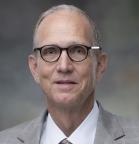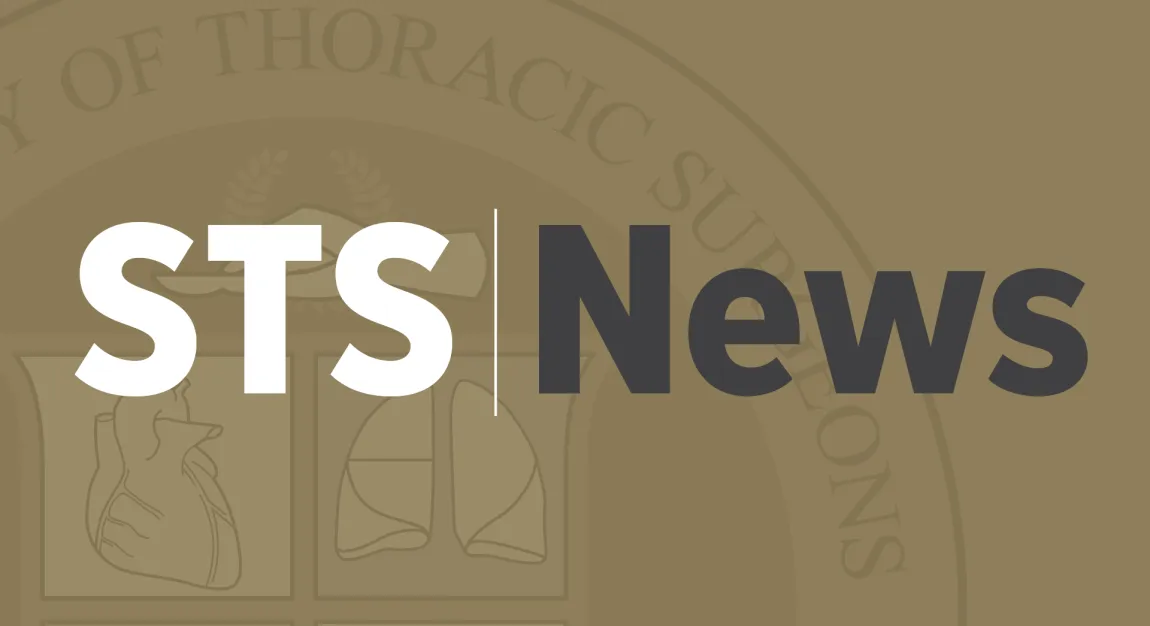
John H. Calhoon, MD
STS News, Fall 2022 — As we emerge from the pandemic, it is fascinating to see how much has changed.
Expectations of a return to normal just don’t seem possible. Although some things may be better, other daily experiences clearly are not. To me, one thing has become much worse: the relentless barrage of trivial and misleading information and negative news and commentary. The endless accusations of one faction’s bias or maltreatment of the other are difficult to reconcile. Without self-control, this societal noise could wear one out.
To avoid these traps, we can remind ourselves how fortunate we are to be cardiothoracic surgeons with the opportunity to make a difference each day in the lives of our patients and their families. Gratitude for my family and friends, and for the many gifts offered by this world, this country, and my community, are a great comfort to me.
Nonetheless, the seemingly ever-increasing loss of stability and predictability impacts our ability to effectively manage our lives, both at work and at home. It is all too easy as a surgeon to thrive on the illusion of stability, predictably, and control.
With time, I have come to realize the significance of this illusion. The only thing we can control is our response to the noise. Reminding myself of this has helped me be less stressed and more relaxed. Have I experienced burnout? Yes. However, taking the time to occasionally relax and recharge is the best way to manage stress and aim for a bit of balance.
Throughout my career, I have turned to senior surgeons—all of whom gave back to our specialty via volunteer work with STS and other organizations—for support and guidance. It is those surgeons and STS that have helped our specialty evolve tremendously since my days as a resident and early career surgeon. Many technologies and techniques that are common today did not exist then.
STS has been and continues to be steadfast as a leader in providing hands-on education for thoracoscopic techniques, mitral valve knowledge, TAVR, and so much more. For many of us, STS has played an important role in strengthening our skills and abilities as surgeons and leaders.
"We can remind ourselves how fortunate we are to be cardiothoracic surgeons with the opportunity to make a difference each day.
An array of STS education programs and services—including in-person meetings, webinars, on-demand content, and the STS Cardiothoracic Surgery E-Book—provide members access to the latest science and best practices. The Society also provides special opportunities for residents and early career surgeons to connect with peers and mentors, participate in hands-on training, develop leadership skills with renowned faculty, and participate in STS governance to advance the interests of the specialty.
But STS is so much more. It is a catalyst for advances in CT surgery that help surgeons provide the highest quality care and deliver the best patient outcomes. The STS National Database and accompanying research and quality initiatives help drive cardiothoracic surgery innovation and safety.
Hospitals and health systems depend on our data to strengthen their performance. Industry uses them to design and improve next generation devices and therapeutics. Data-driven research powers The Annals of Thoracic Surgery, the largest and most read journal in our specialty (congratulations to Dr. Jo Chikwe and her editorial and administrative teams!). And research is the basis for STS’s leadership in guideline development.
Most importantly, STS is the only organization engaged in public policy advocacy for cardiothoracic surgeons and the patients, institutions, and communities we serve. STS-PAC is a political action committee in Washington, DC, that exclusively represents the specialty.
Let me close by asking each of you: Are you unlocking the full value of your STS membership?
Here are five things you can do to become more engaged and give back to the profession:
- Attend—in person—STS 2023, our 59th Annual Meeting in San Diego (see page 11)
- Submit an abstract for a presentation at an upcoming STS meeting
- Contribute an article to The Annals or Annals Short Reports
- Donate to STS-PAC and develop a relationship with your member of Congress
- Volunteer to serve as a mentor for a younger surgeon or join an STS Workforce or Task Force
Details about these opportunities can be found at sts.org.
More to come, John
